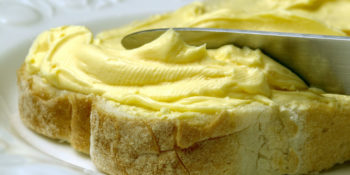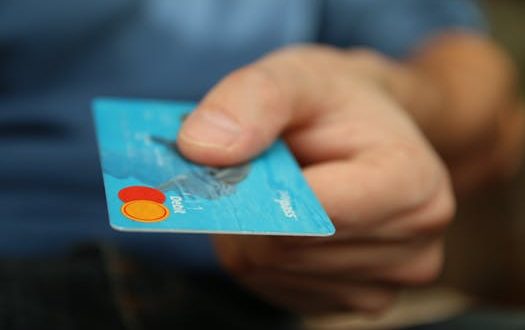 At the Oily Rag HQ, we came across some interesting facts and figures about interest-free credit. This type of credit you will typically see advertised by appliance stores and furniture companies, for example, “buy now pay later 60 months interest-free“.
At the Oily Rag HQ, we came across some interesting facts and figures about interest-free credit. This type of credit you will typically see advertised by appliance stores and furniture companies, for example, “buy now pay later 60 months interest-free“.
As it happens about 12% of those who take out this type of free credit don’t pay it back at the end of the term, so we thought we would ask a major appliance retailer offering up to “60 months interest-free” what the terms were. Here are some of the details.
Interest-free credit terms
- Essentially this retailer finances it through a visa card facility. According to their website, the 60 months interest-free deal applies on purchases greater than $1,200. The loan balance may be repaid at any time during the interest-free period.
- If there is a balance still to pay at the end of the interest-free period, the balance attracts interest at a rate of 29.95% per annum!
- There is an establishment fee of $55. This applies to all interest-free arrangements.
- There is an annual credit card fee of $52.
- Minimum monthly payments must be made during the interest-free period. This is 3% of the outstanding balance or $20 – whichever is the greater. If the minimum is not paid, the loan is taken to be in default and will attract interest.
We don’t like these deals for a number of reasons.
- Firstly, it removes your ability to haggle for a cheaper price at the time of the purchase. We think negotiating a 10% discount is easy and sometimes it’s possible to gain significantly more.
- Second, paying later means a shopper is likely to spend more.
- Thirdly, circumstances may change and you may find yourself unable to pay the balance at the end of the interest-free term or worse, even the minimum payments, and then you will get whacked with what are very high-interest rates.
- And lastly, it’s not completely cost-free. Although interest may not be charged, the deal is not cost-free as there are other charges. In the example above the $52 annual fee alone is 4.3% of the $1,200, and that does not take into account the $55 establishment fee.
In conclusion
 The truth is, many people lack the discipline to save the money needed to repay the debt when it becomes due. It just gets forgotten, and they end up paying through the nose – which is how finance companies recover the interest they miss out on during the interest-free period.
The truth is, many people lack the discipline to save the money needed to repay the debt when it becomes due. It just gets forgotten, and they end up paying through the nose – which is how finance companies recover the interest they miss out on during the interest-free period.
We think there are two types of consumer debt. There is dumb debt and very dumb debt. Very dumb debt is borrowing for expenditure like holidays or buying depreciating liabilities like cars and boats. Dumb debt is any personal asset.
In contrast, investment debt is quite different and involves a different set of issues.
The reality is that the best way to buy appliances is in full on the spot – after negotiating a decent discount on the purchase.
Supermarket price hike
 Still on shopping matters, if you think your weekly visit to the supermarket is costing more, you would be right. According to the Statistics Department, food prices have risen an average of three percent in the last year.
Still on shopping matters, if you think your weekly visit to the supermarket is costing more, you would be right. According to the Statistics Department, food prices have risen an average of three percent in the last year.
Butter was the outstanding villain with a 60% increase. Cheese was up 8.6%, yoghurt up 7%, vegetables 6.5%, fruit 4.4% and meat, poultry and fish were up 1.4%.
The increase in butter prices is because a supply shortage and rising international demand have caused wholesale prices to hit a record high. Internationally, dairy production has fallen in response to what overseas media are describing as a sustained period of low dairy prices since world markets crashed in 2007-08. On the demand side, there is a trend for food producers towards natural butter ingredients. It does, however, look like some respite is on the way as international prices appear to have come off their highs in the last month.
Laura from Paeroa has a question for readers. “I would like to do some baking, however, with butter so expensive at the moment, I would like recipes that use oil instead of butter. Could you replace butter with oil? For example, how much oil would be needed to replace, say 250 grams of butter in a biscuit recipe?” If you can assist Laura, please drop us a line and we will pass it on.
By Frank and Dr Muriel Newman.
Read more Oily Rag articles here.
You can contact the Oily Rag community via the website at oilyrag.co.nz or by writing to Living off the Smell of an Oily Rag, PO Box 984, Whangarei.









Join the Discussion
Type out your comment here:
You must be logged in to post a comment.